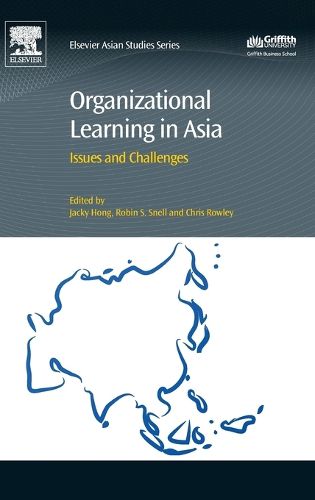Readings Newsletter
Become a Readings Member to make your shopping experience even easier.
Sign in or sign up for free!
You’re not far away from qualifying for FREE standard shipping within Australia
You’ve qualified for FREE standard shipping within Australia
The cart is loading…






Organizational Learning in Asia: Issues and Challenges addresses important and pressing questions on organizational learning in Asia in both domestic and foreign firms-those that have been forgotten in the mainstream literature or that remain unasked and unanswered.
Three sets of questions are especially salient. First, how can firms operating in, or from, Asia detect, respect, recognize, and honor different cultural stances on suggestion-giving, knowledge sharing, and standardization while also challenging accepted wisdom, avoiding risks and mistakes, and voicing disagreement?
Second, how can such firms facilitate local experimentation and innovation by providing a common knowledge platform in a non-totalitarian manner? Finally, how can such forums promote “reverse’ knowledge transfer from subsidiary to headquarters and across subsidiaries in different nations by avoiding ethnocentricity, cultivating local talent, and building a group of ‘communities of practice’ across cultural and status boundaries?
$9.00 standard shipping within Australia
FREE standard shipping within Australia for orders over $100.00
Express & International shipping calculated at checkout
Organizational Learning in Asia: Issues and Challenges addresses important and pressing questions on organizational learning in Asia in both domestic and foreign firms-those that have been forgotten in the mainstream literature or that remain unasked and unanswered.
Three sets of questions are especially salient. First, how can firms operating in, or from, Asia detect, respect, recognize, and honor different cultural stances on suggestion-giving, knowledge sharing, and standardization while also challenging accepted wisdom, avoiding risks and mistakes, and voicing disagreement?
Second, how can such firms facilitate local experimentation and innovation by providing a common knowledge platform in a non-totalitarian manner? Finally, how can such forums promote “reverse’ knowledge transfer from subsidiary to headquarters and across subsidiaries in different nations by avoiding ethnocentricity, cultivating local talent, and building a group of ‘communities of practice’ across cultural and status boundaries?